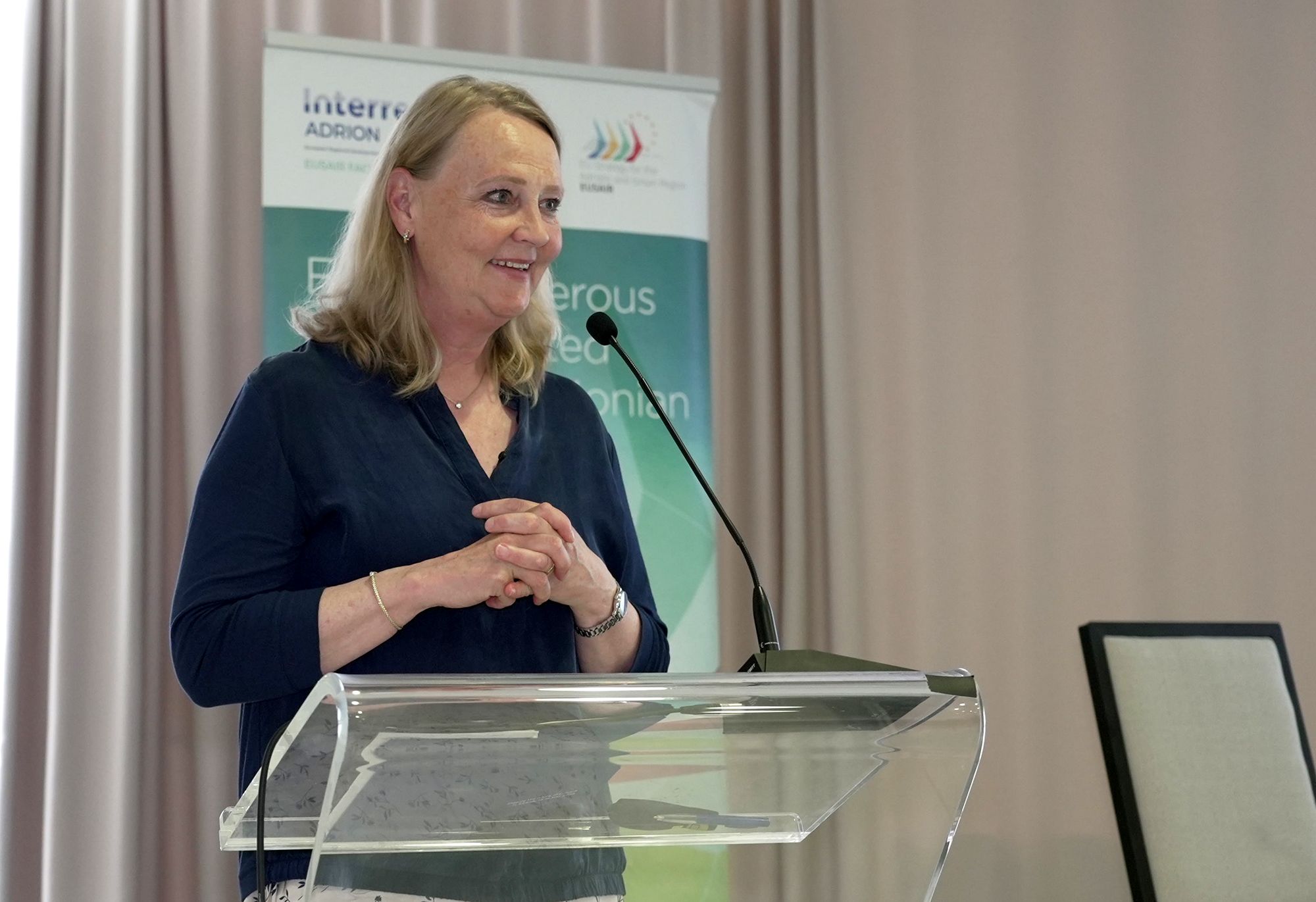The panellists underscored the critical importance of collaborative efforts and the need to respect environmental and biodiversity issues. Their presentations reinforced TSG 3’s commitment to establishing and investigating green and blue corridors, essential for scientific research. Ensuring safety and security within these corridors, particularly in the context of climate change, remains a primary goal.
Key conclusions from the panel include:
- Blue and green corridors aim to enhance eco-connectivity, crucial for improving the ecological status in the Adriatic Ionian region. Investing in flagship projects significantly benefits biodiversity conservation, ecological restoration, and sustainable development.
- Biodiversity conservation requires cross-border collaboration due to interconnected ecosystems. Integrating diverse perspectives and knowledge systems ensures the success and acceptance of conservation initiatives.
- Combining genetics and epigenetics in forest monitoring and natural ecosystems adds a holistic approach for long-term adaptation and sustainability of green corridors.
- Genetic diversity is fundamental for ecosystem resilience and adaptation to environmental protection and climate changes. Preserving genetic diversity in blue and green corridors is crucial for maintaining healthy ecosystems.
- Regional and international collaborative efforts are necessary to address transboundary conservation challenges effectively.
- Responding to oil spills in the Adriatic Ionian region and preparedness for collaborative work is crucial for maintaining clean and safe seas.
- Accidental marine pollution, particularly from oil spills, represents a significant environmental risk, necessitating the urgent deployment of integrated and coordinated mechanisms and management plans for better preparedness and more efficient joint responses.
- Transferring knowledge and best practices from the Northern area to the entire Adriatic basin is essential to strengthen maritime protection against pollutant spill-over effects, especially in the case of large-scale sea accidents that require joint transnational management.
Watch the session below.

